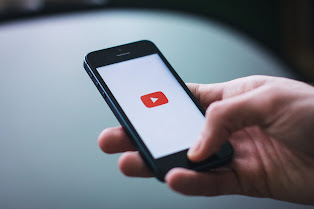Introduction
 |
| YouTube to MP3 Converters: Is It Legal or Ethical? |
The Appeal of YouTube to MP3 Converters
YouTube to MP3 converters have become popular for several reasons. First and foremost, YouTube offers an enormous library of music, podcasts, lectures, and other audio content, much of which is available for free streaming. However, internet access and data availability can sometimes be unreliable or costly, especially in certain regions. YouTube to MP3 converters provide an alternative solution, allowing users to download their favorite content and enjoy it offline without incurring data charges.
Moreover, these converters enable users to create personalized music playlists without the need for premium subscriptions or additional apps. This convenience attracts users who wish to compile their favorite songs, lectures, or motivational speeches into a single audio file.
Legal and Copyright Concerns
Despite their convenience and popularity, YouTube to MP3 converters raise significant legal and copyright concerns. YouTube's terms of service explicitly prohibit the downloading of content unless the "Download" button or link is provided by the content owner. Most YouTube videos lack such an option, making the use of converters technically in violation of YouTube's terms.
Furthermore, when a user converts a YouTube video into an MP3 file, they are creating a copy of copyrighted material. In many countries, distributing copyrighted content without permission from the copyright holder is considered copyright infringement, subject to civil and criminal penalties.
Ethical Considerations
 |
|
The Rise of YouTube to MP3 Converters |
Supporting creators by watching their content on YouTube or other legitimate platforms provides them with a source of income, allowing them to continue producing high-quality content for their audience. Ethically, using YouTube to MP3 converters to obtain copyrighted material without proper authorization can be viewed as an unfair practice that undermines the content creators' efforts.
Conclusion
YouTube to MP3 converters have undoubtedly gained popularity due to their convenience and the ability to access audio content offline. However, the legality and ethics of using these tools remain contentious topics. While some argue that they provide access to content for those with limited internet access, others assert that they perpetuate copyright infringement and undermine content creators' income.
As responsible digital citizens, it is essential to consider both the legal implications and ethical impact of using YouTube to MP3 converters. Instead of resorting to unauthorized downloads, users can support content creators by watching and sharing their content on legitimate platforms, encouraging a sustainable and creative online ecosystem.
Check out the video of this article - YouTube












0 Comments
Please do not post irrelevant or promotional links in comments.
Links will not be published.